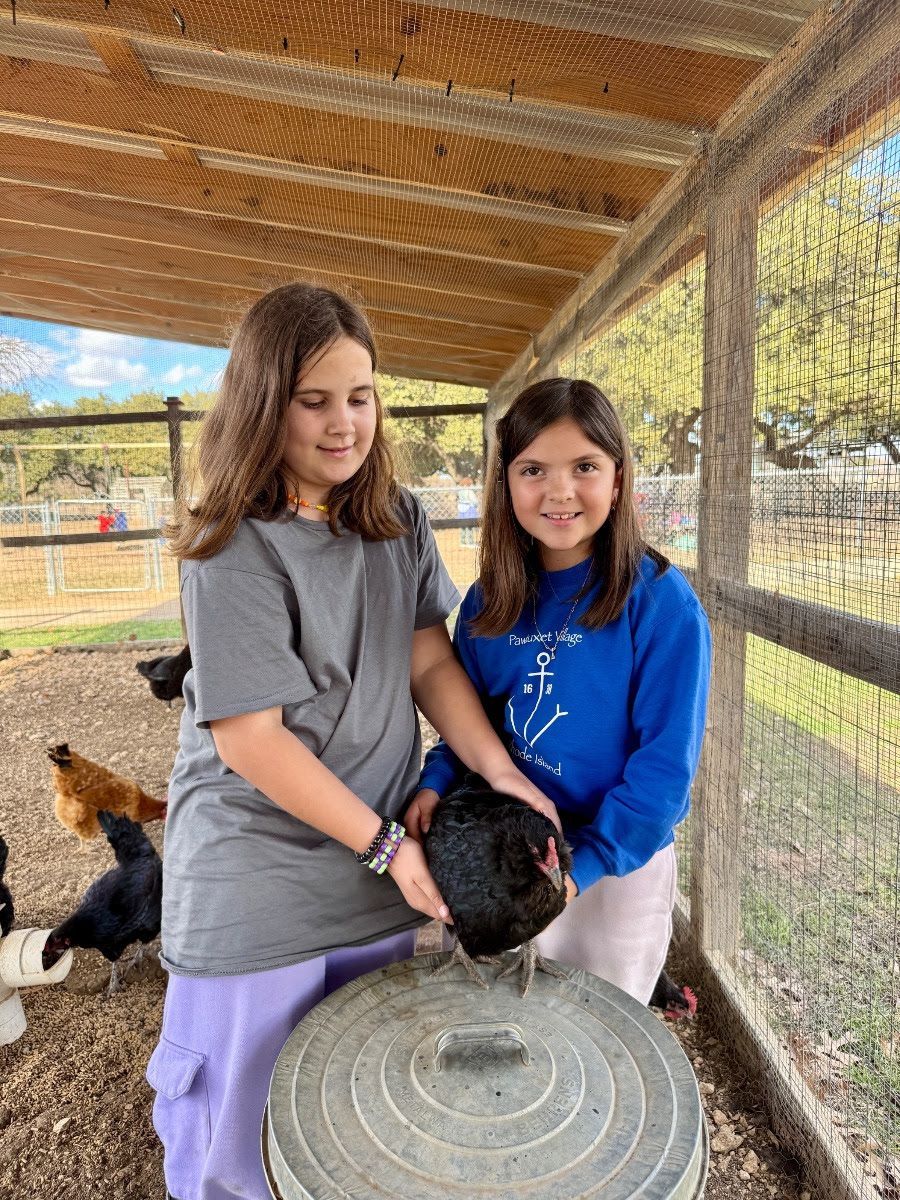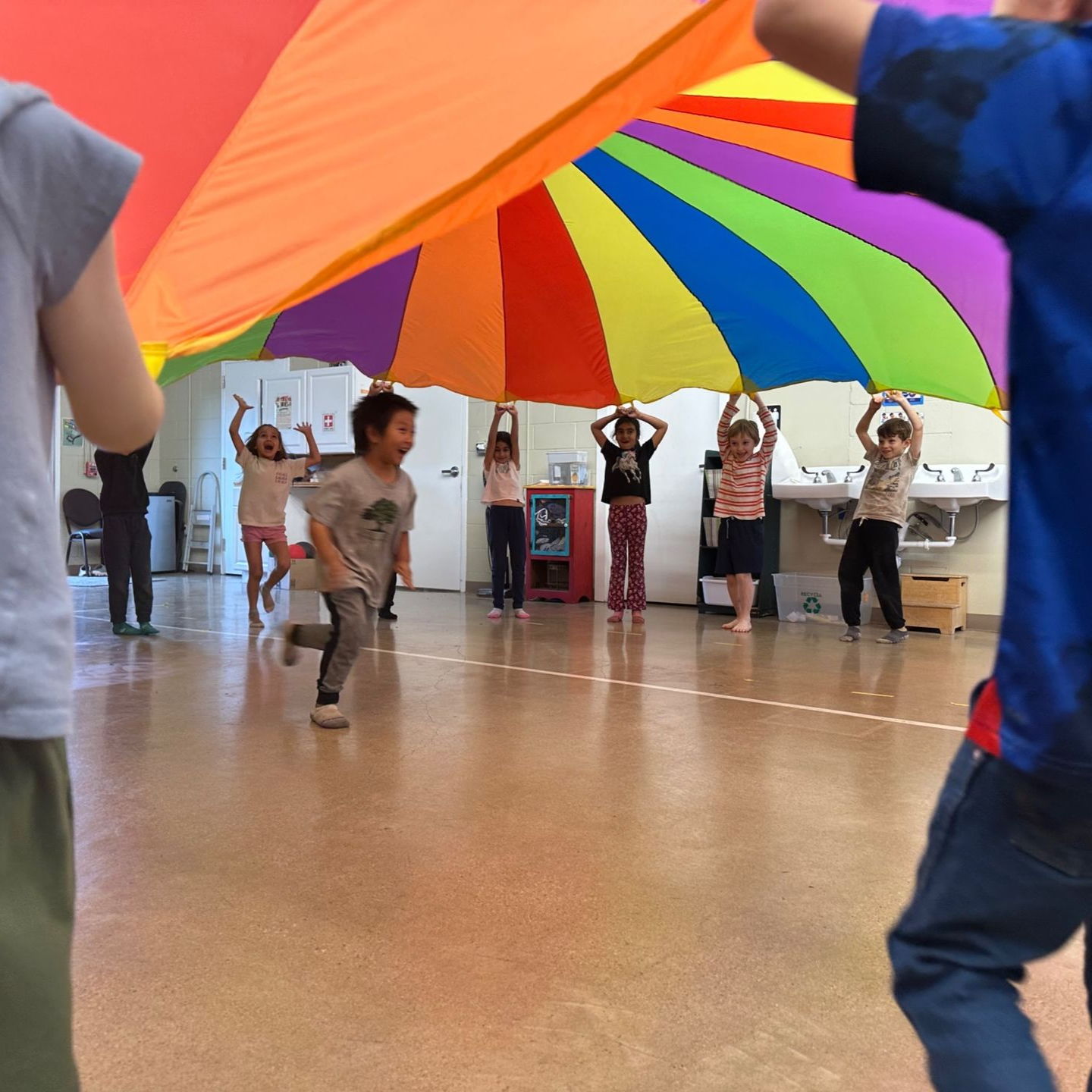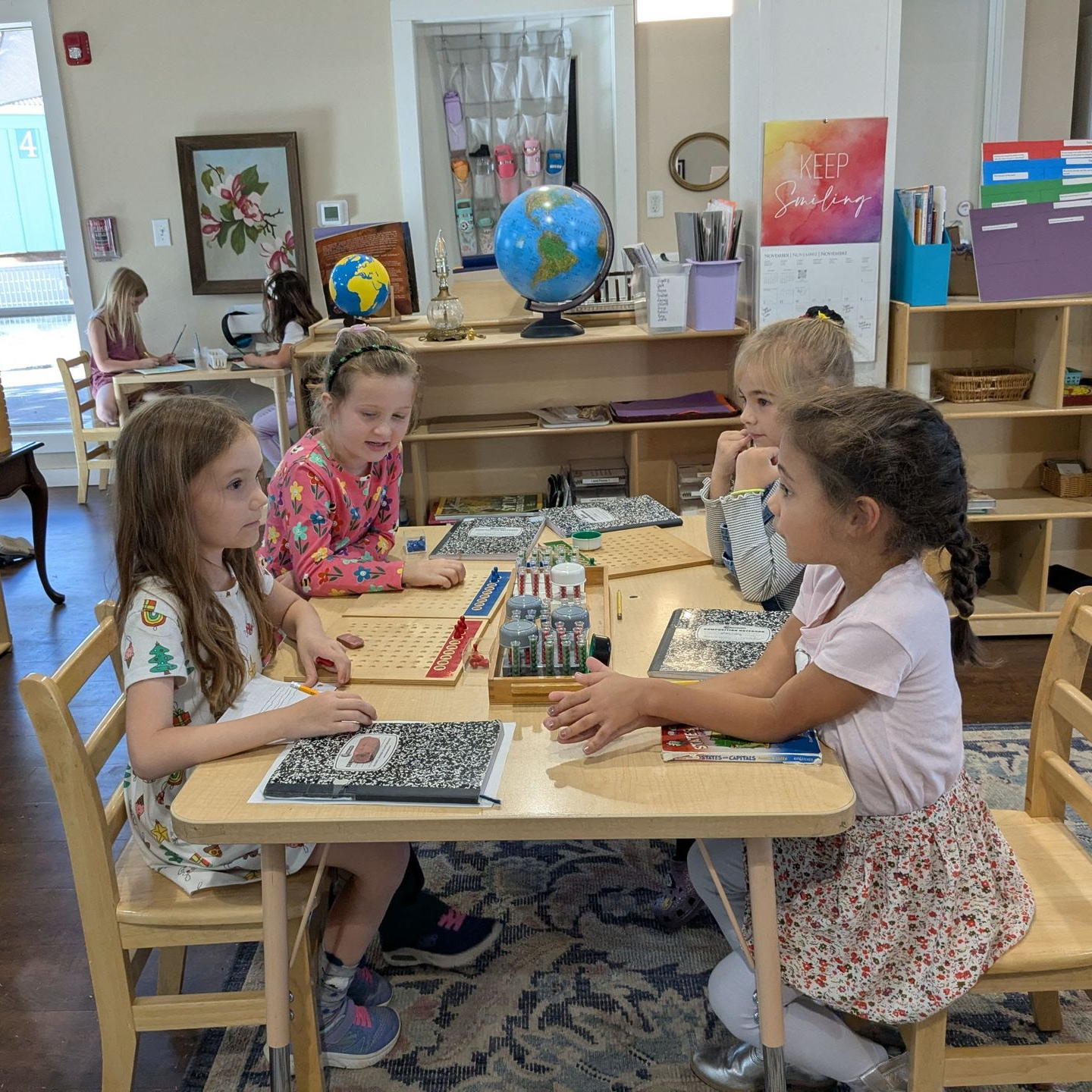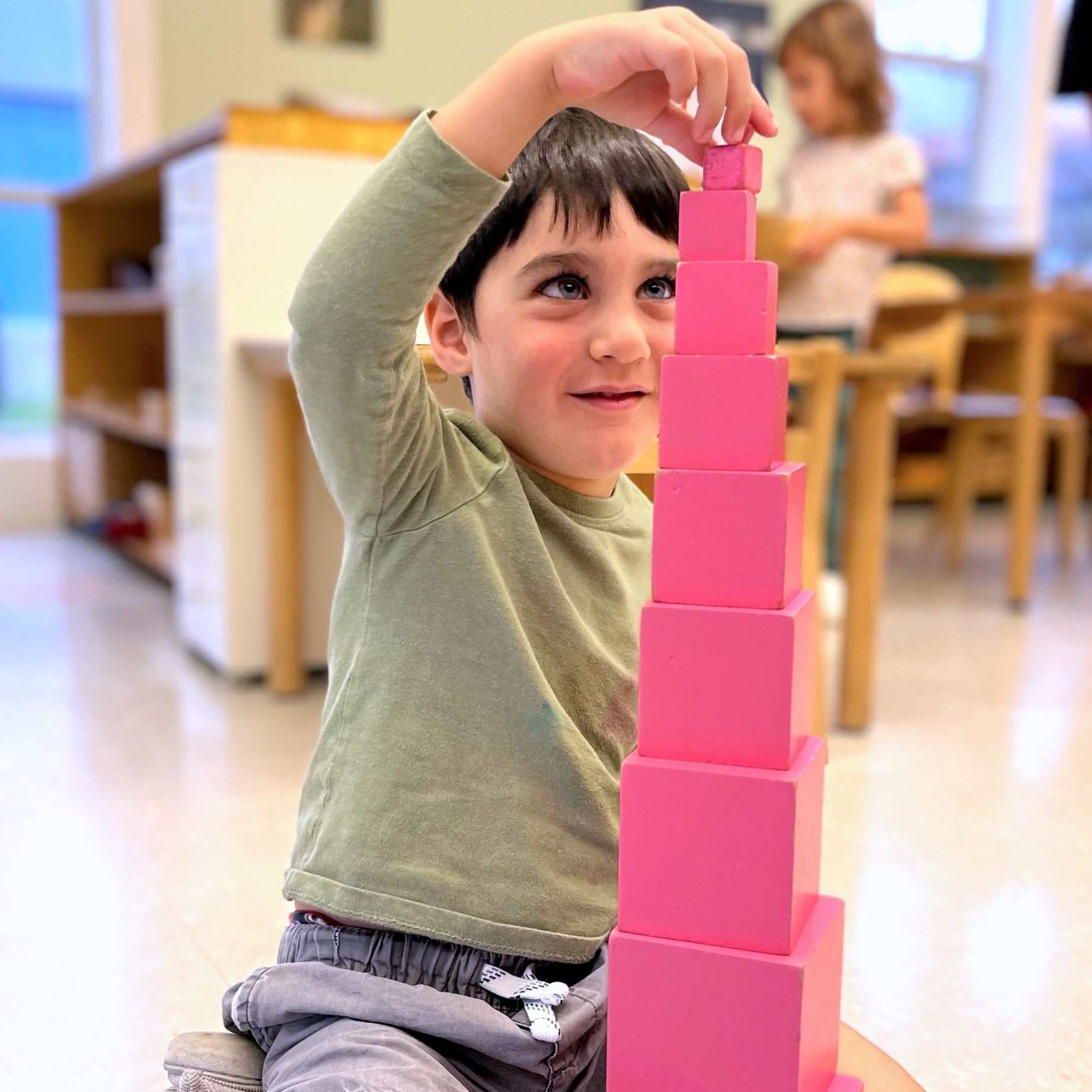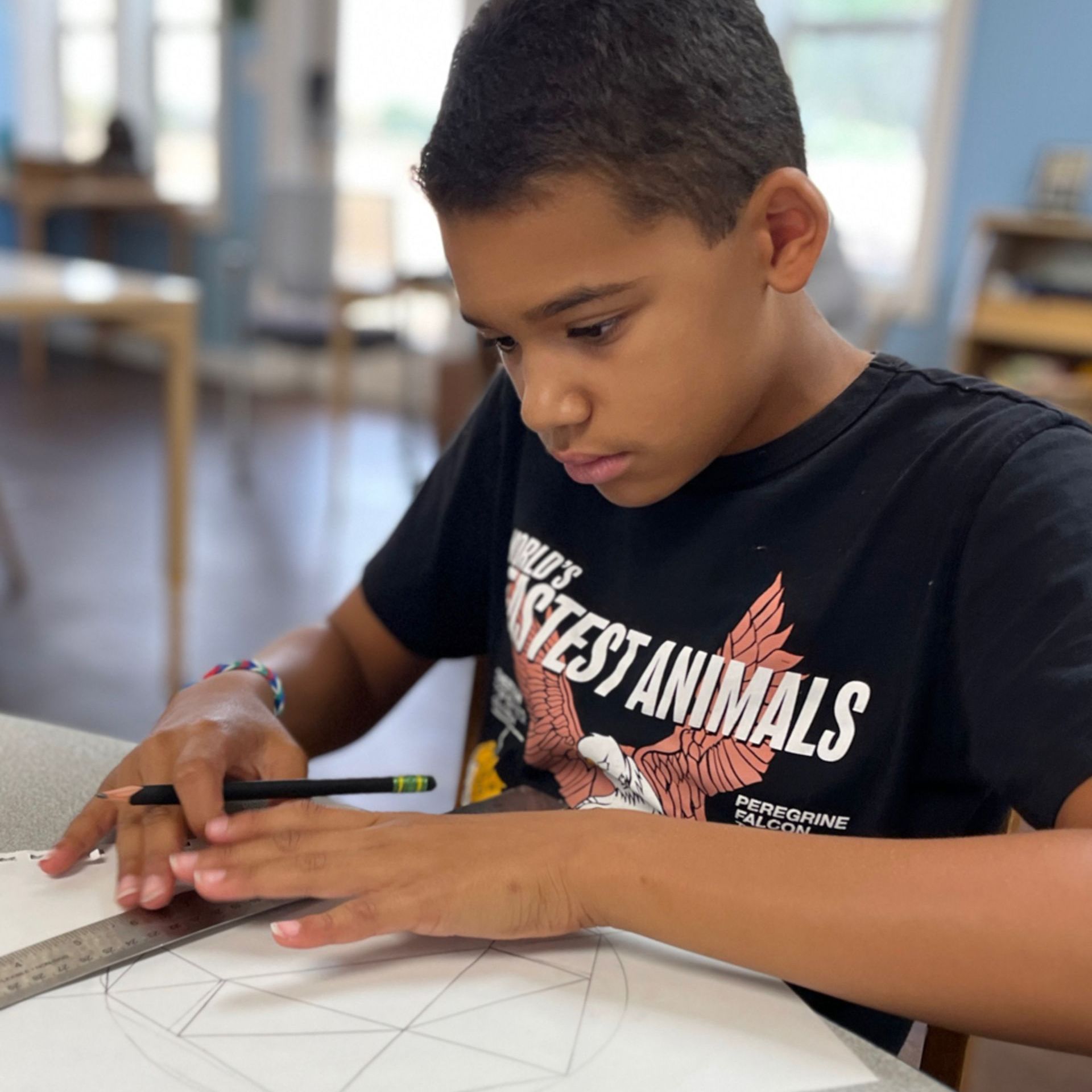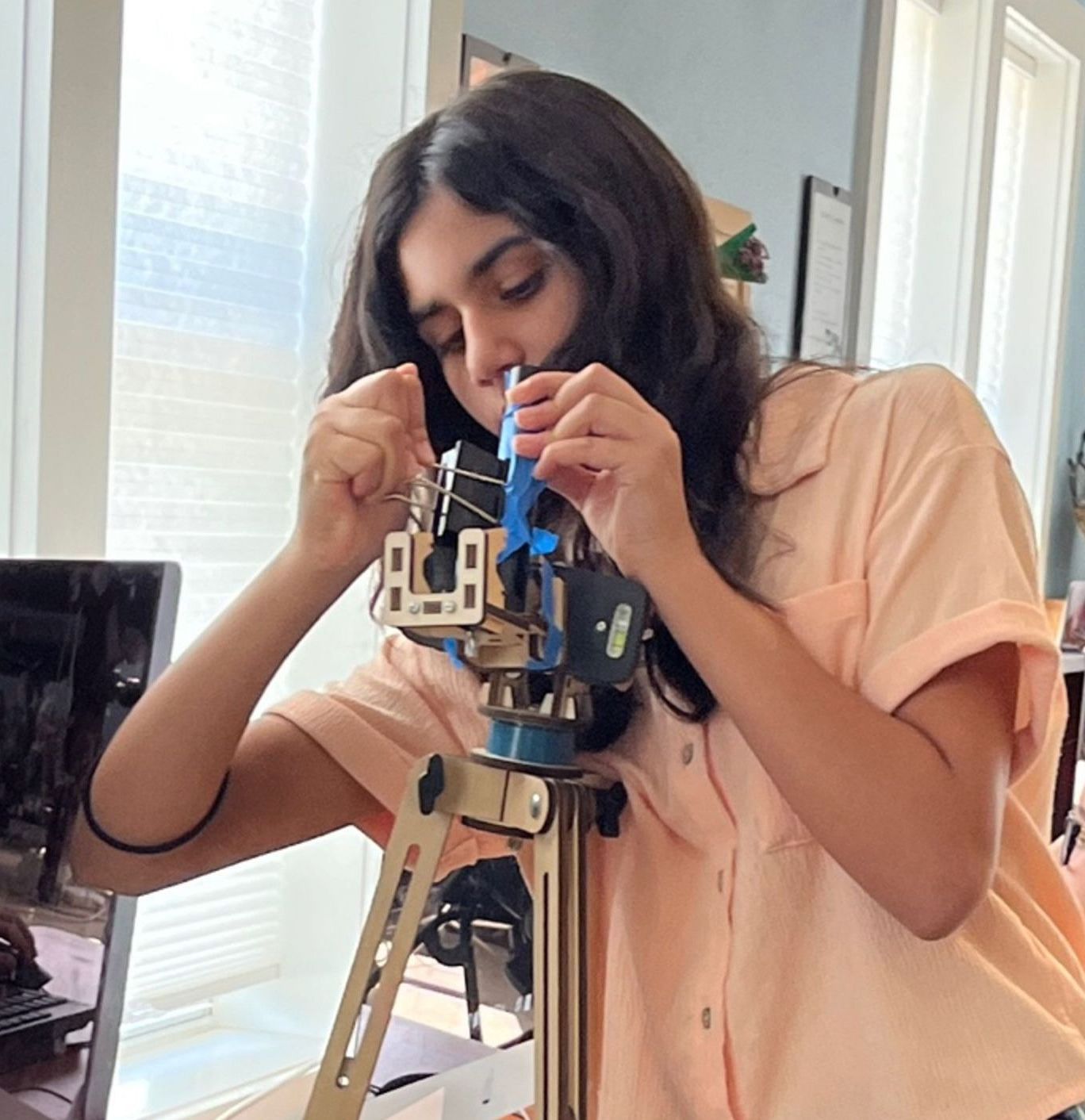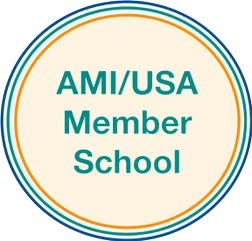January 20, 2026
Our history is full of heroes who spent their lives educating and modeling justice, peace and equal rights for all. They are our inspiration and bring hope that the children of today will change our world in the near future into a better place. “Sooner or later all the people of the world will have to discover a way to live together in peace, and thereby transform this pending cosmic elegy into a creative psalm of brotherhood.” Martin Luther King Jr. was a person who led peaceful protests to stop discrimination based on the skin color. We teach our students about being equal, having the same rights as humans for voting, labor, access to public services like education. Dr. King received a well deserved Nobel Peace Price. "An eye for an eye only ends up making the whole world blind." Mahatma Gandhi was another peaceful activist for equal civil rights as well as leader of bringing India to the independence from Britain. He believed that people don't need to be divided because of their religious beliefs, rather there should be a freedom and tolerance toward various religious systems. When we talk to our elementary age students about fundamental human needs, we characterize material and spiritual needs. Religion, vanity and art belong to the spiritual category which is such important part of humans. "Being of service is not enough. We must walk the talk, live the talk, be the talk." Cesar Chavez was a civil right and labor leader for farm workers. Because of him establishing a union, the workers had gained safer work conditions, benefits like health insurance and better earnings. Chavez increased awareness among the farmers about being treated with respect, having dignity and standing up for their rights. Our students receive respect, are expected to show respect to others so we can function as a community with freedoms and responsibilities. "One child, one teacher, one book, and one pen can change the world." Malala Yousafzai is an activist for woman and children education who received a Nobel Peace Prize at 17 years of age. Malala is an inspiration for us, educators, because we know that our students can achieve whatever they put their minds into and an example for all our youth to stand up for what's important to them. "We shall walk together on this path of life, for all things are a part of the universe and are connected with each other to form one whole unity." Maria Montessori believed in educating children about living in a community where everyone practices self - control, respect, empathy, harmony and peaceful conflict resolution. Through the prepared environment, modeling and teaching grace and courtesy, mixed ages, supporting the growth of the moral compass in the elementary age children, care and work in nature, the concept of peace becomes a part of the child. Our Annual Kindness Week is January 26 - 30. Children and guides are planning for activities with their classmates, other classroom communities, their own families and the larger community outside of CMS. The guides will share more information with you in the Friday email.
